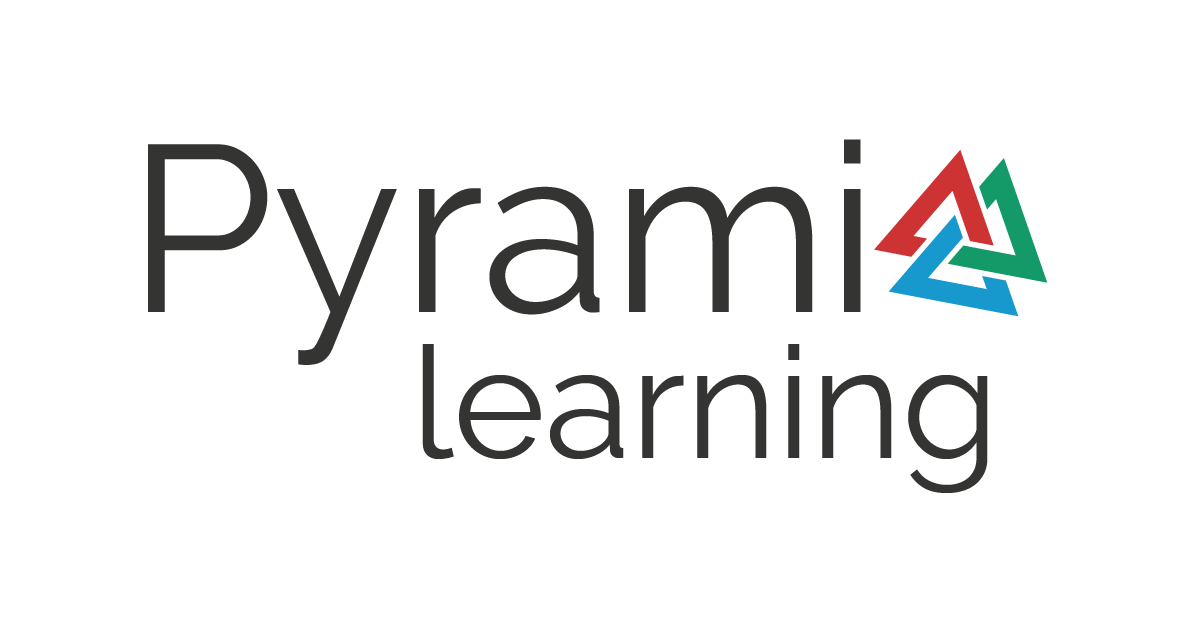Project DPro Practitioner
Now, there is an option for anyone who has a Project DPro certification and is interested in continuing their learning journey. This year, PM4NGOs launched a follow-up certification, the Project DPro Practitioner. This level-2 qualification helps learners apply and tailor project management skills and tools to a variety of project environments and scenarios.
The course is designed to prepare learners to meet the requirements of the Project DPro Practitioner certification managed by PM4NGOs. The certification requirements do not require taking an exam, instead learners have the option of submitting a portfolio of work related to the applying and tailoring project management tools and skills. Course participants have the option of having Pyramid Learning organize and submit their course activities as a portfolio of evidence that is reviewed by PM4NGOs. Learn more about the Project DPro Practitioner certification process here.
The 8-week Project DPro Practitioner course is designed to be completed in three parts:
Part 1: Learners complete a number of short courses related to 6 Project Management competency areas. Participants are then asked to demonstrate how their learning will help them develop as project managers.
Part 2: Learners complete a series of informal learning activities, identifying and reading a selection articles on advanced project management topics.
Part 3: Learners have the opportunity to “give back” to the NGO project management community by providing examples or case studies from you’re their own practice.
As you go through the course, you will interact with facilitators and other learners, exploring ideas and participating in conversations about the different skills and tools of project management. Learning activities include course readings, instructional videos, and e-learning modules.
Everything about the course design is flexible! The learning platform is accessible when you want – day or night. As you go through the course, modules will unlock – as long as you are doing the work! The platform allows you to go back and review what others are saying. If you need to take a break, you can catch up. The course is also mobile-ready, so you continue to learn when you are on-the-go.
For best results, we recommend that you develop a learning plan that allocates approximately 4-5 hours each week for study. In order to progress through the course, you will need to complete the learning activities. You will also be expected to join in course discussions, contributing to discussions and responding to your classmates’ comments! The more you do, the more you learn and the faster you progress through the course. We hope that this creates an interesting learning and sharing experience.
Participants have the option to submit their learning portfolio to PM4NGOs will also receive the Project DPro Practitioner certification (an additional $50 fee applies).
You can learn more about the Project DPro Practitioner Certification here
To become a Project DPro Practitioner you need to have passed the Foundation/Level 1 examination for Project DPro (formerly PMD Pro) and demonstrate your ability to apply and analyze the contents of the Guides.
We recommend that Candidates should be certified to Foundation level for at least 1 year before registering to be a Practitioner but this is not mandatory and you can register for Practitioner after completing the Foundation if you wish.
Upcoming Courses
Dates for upcoming courses are found in the calendar on our home page.
FAQs
How much does the course cost?
How much does the course cost?Learners have the choice of 2 registration options:
- $100 – Instruction only – Learners attend the course, but do not pursue the Project DPro2 Practitioner certification.
- $150 – Instruction plus Certification – Learners attend the course AND pursue the certification. Pyramid Learning organizes the records from the course activities/submissions and submits the learner portfolio to PM4NGOs for review and certification.
How long is the online course?
This course extends over a period of 8 weeks.

